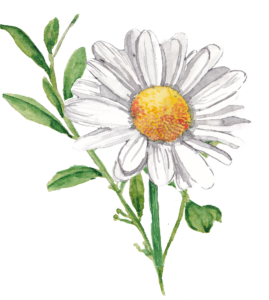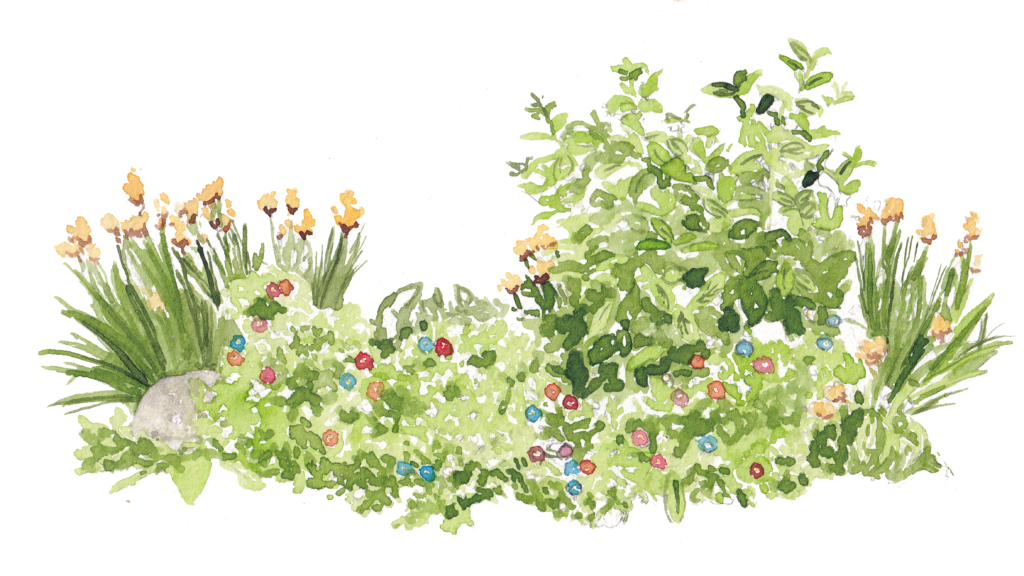 Inner Child Healing
Inner Child Healing
I find it deeply meaningful to help people heal from the painful experiences that happened during their younger years. Inner Child Healing work is helpful when one or more child parts of the self did not have their needs met by caregivers. This work is informed by counselling theories such as Internal Family Systems (IFS) which work with parts of the self that play specific roles. In this work, we learn to listen to our child parts of ourselves and we also tap into the resources of our adult and older, wiser selves to help those child parts. Sometimes this work is referred to as "re-parenting the child self."
People are often surprised that Inner Child Healing work is fun - and empowering. Children are naturally inclined towards play, laughter, and affection - and this is true for our child parts of self. You may just find that your inner child is excited to explore activities and ideas that you have not thought about in decades!
Inner Child Healing is not primarily about blaming our parents, or dwelling negatively on the past. Instead, it's a way of using all our present resources to get our needs met in a healthy way, and to affirm that we deserve love, secure attachments, and personal freedoms. For clients who want to do exploratory, self-directed work between sessions, I can recommend a range of books and activities such as art and writing that may be helpful. There are also many excellent resources on attachment styles that I can recommend as a related area of study.
When we become conscious of the parts of ourselves, some of our confusing behaviours begin to make sense. For example, have you ever had a big reaction to something that your conscious, adult mind did not see as being such a big deal? Or have you ever set a goal for yourself, only to feel you immediately sabotaged progress toward that goal? Often the answer lies in different parts of the self playing roles that the younger self needed, which may include being a protector from the outside world, staying safe and avoiding risks, or defending or advocating. When our present-day adult self becomes aware of these inner dynamics, it's much easier to listen to our true needs and feelings, and act in accordance with our own best interests. It's like getting all the parts of your self on the same team and pulling in the same direction. Please be aware that working with parts of ourselves is not the same thing as having dissociative identity disorder or multiple personalities.
Building Your Life Timeline: One activity we can do in sessions involves going sequentially through the story of your early years, optionally using photographs of you at different ages. This allows us to better understand what you experienced and how you made sense of your experiences. As children, we have not yet formed a narrative of our life story, and often the child's mind will place the child at the centre of the story in a way that is developmentally normal and ultimately protective (often because it gives a sense of control in the situation). However, children will often assign responsibility and blame about situations to themselves in the hopes that, if they can change, they can make things better - even though the situation was created by the adults (and in some cases, adults also blamed or threatened the child). Revisiting those stories from a mature adult perspective, and with the care of a therapist, can bring about insights, validate your emotional responses, reassure the child parts of self that they are not responsible, and reduce the pain associated with those memories.
Adult Children of Emotionally Immature Parents: This work is based on a series of excellent books by Lindsay C. Gibson which are readily available from most booksellers. I have several clients who are reading these books and exploring the topics in counselling sessions. This work is particularly helpful when your present-day adult self is realizing your parent(s) lacked developmental skillfulness, which resulted in consequences for you.
